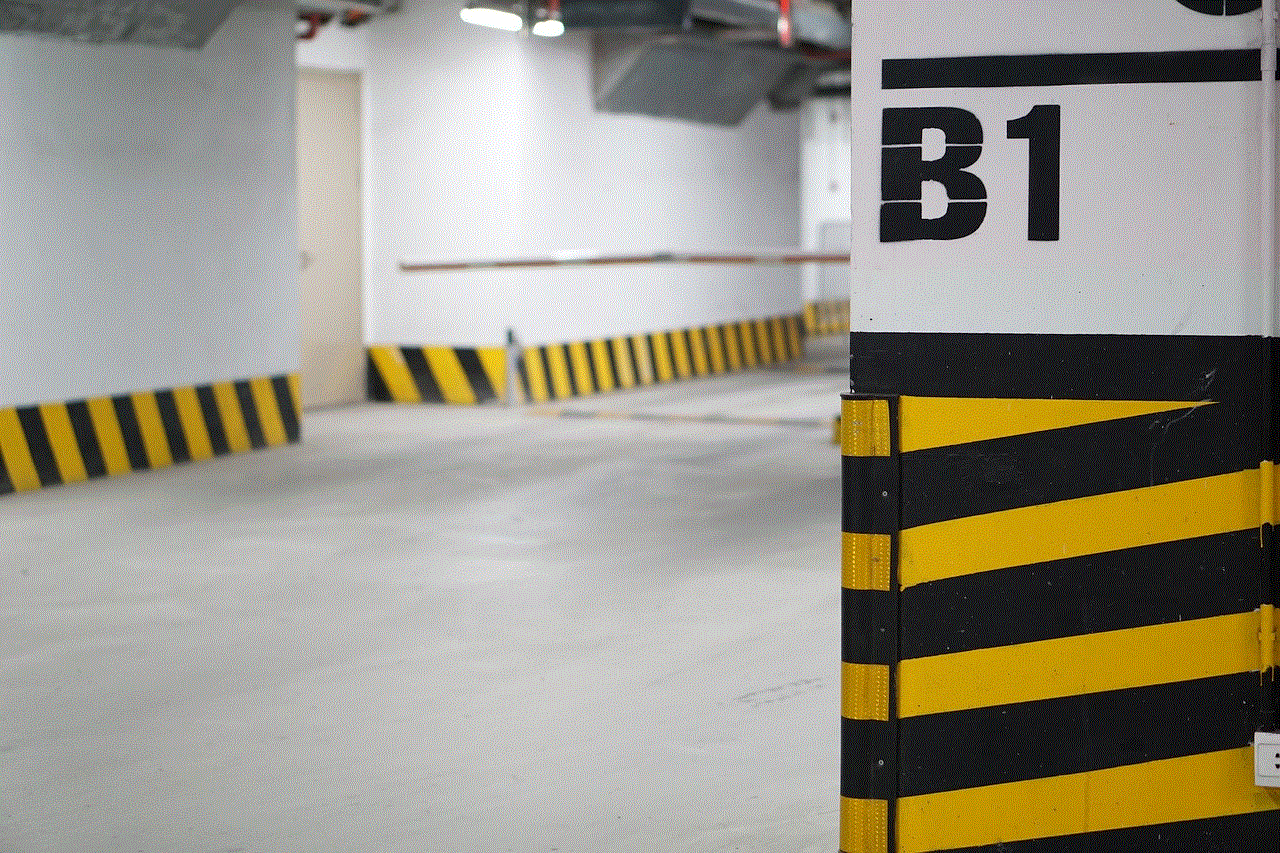rehtaeh parsons story
On April 4, 2013, the world was shocked by the tragic death of 17-year-old Rehtaeh Parsons. Her story, one of bullying, sexual assault, and the failure of the justice system, has sparked widespread outrage and brought attention to the issue of cyberbullying and sexual violence against young women.
Rehtaeh Parsons was a bright and popular teenager from Halifax, Nova Scotia, Canada. She had dreams of becoming a photographer and was described by her family and friends as a kind and caring person. However, her life took a dark turn when she was sexually assaulted by four teenage boys at a party in November 2011.
The boys took photos of the assault and shared them with their classmates, leading to Rehtaeh being subjected to constant harassment and bullying at school and online. The photos went viral, and Rehtaeh became known as the girl who was “slut-shamed” and “bullied to death.”
Despite her and her family’s efforts to seek justice, the police and school officials failed to take any action against the boys responsible for the assault and the cyberbullying. The case was closed due to a lack of evidence, and Rehtaeh’s family was left feeling helpless and betrayed by the system.
Rehtaeh’s mother, Leah Parsons, tried to get the photos of the assault removed from the internet, but they continued to circulate, causing Rehtaeh to relive the trauma over and over again. She also struggled with depression and attempted suicide multiple times.
In March 2013, Rehtaeh was hospitalized after a suicide attempt and placed on life support. She passed away on April 4, 2013, surrounded by her family. Her death was a devastating loss for her loved ones and a wake-up call for the world to take action against cyberbullying and sexual violence.
The tragic story of Rehtaeh Parsons quickly gained international attention, with many people expressing their outrage and demanding justice for her. A petition was started to reopen the case, and it received over 100,000 signatures. The Nova Scotia government also launched a review of the police and school’s handling of the case.
The four boys responsible for the assault were eventually charged with child pornography offenses in November 2013, but the charges were later dropped due to a lack of evidence. The decision sparked further outrage and raised questions about the justice system’s ability to address cases of sexual assault and cyberbullying.
Rehtaeh’s story also brought attention to the issue of rape culture and victim-blaming. Many people blamed Rehtaeh for the assault, saying she shouldn’t have been at the party or that she was “asking for it.” This victim-blaming mentality only perpetuates the cycle of sexual violence and makes it difficult for survivors to come forward and seek justice.
In the aftermath of Rehtaeh’s death, her family and friends established the Rehtaeh Parsons Society, a non-profit organization dedicated to raising awareness about cyberbullying, sexual violence, and mental health. They also successfully lobbied for a law in Nova Scotia known as “Rehtaeh’s Law,” which allows victims of cyberbullying to sue their bullies and seek compensation for damages.
Rehtaeh’s story also sparked changes in Canada’s Criminal Code, with the introduction of Bill C-13, also known as the “Cyberbullying Law.” This law makes it a criminal offense to distribute intimate images without consent and carries a maximum sentence of five years in prison.
However, Rehtaeh’s death was not the end of the story. In 2017, a new investigation was launched into her case, and in 2018, one of the boys responsible for the assault was charged with sexual assault. He pleaded guilty and was sentenced to 16 months in jail. The other three boys were never charged with any crimes related to the assault.
Rehtaeh’s story has had a lasting impact on the world, with her name becoming a symbol of resilience and the fight against cyberbullying and sexual violence. Her mother, Leah Parsons, has become a vocal advocate for change, speaking at conferences and events to raise awareness about these issues.
In 2019, a documentary about Rehtaeh’s life and death, titled “No Place to Hide,” was released, further shining a light on her story and the issues she faced. The film received critical acclaim and won several awards, including Best Documentary at the 2019 Canadian Screen Awards.
The legacy of Rehtaeh Parsons continues to inspire and spark change, with her story being a catalyst for conversations about consent, rape culture, and the need for better support for survivors of sexual violence. Her family and friends continue to honor her memory and fight for justice, ensuring that her story will never be forgotten.
In a world where cyberbullying and sexual violence against women are still prevalent, Rehtaeh Parsons’ story serves as a reminder of the devastating consequences of these issues. It is up to all of us to take action and create a safer and more compassionate world for all young women. Rehtaeh’s name will forever be a symbol of the fight for justice and the need for change.
what dose hentai mean
Hentai is a term that has gained immense popularity in the modern era, especially among the younger generation. It is a Japanese word that is primarily used to describe a genre of sexually explicit or pornographic anime and manga. The word itself is a combination of two Japanese words, “Hen” meaning strange or perverted and “Tai” meaning appearance or attitude. Therefore, the literal meaning of the word “hentai” is perverted or strange appearance. However, in the context of anime and manga, the term has evolved to refer to a particular style of art and storytelling that is often associated with explicit sexual content.



The origins of hentai can be traced back to the early 19th century in Japan, where it was used to describe any form of perverse or abnormal sexual behavior. However, it was not until the 1980s that the term gained widespread usage and popularity in the world of anime and manga. During this time, the Japanese government relaxed its censorship laws, allowing for more explicit and sexual content to be featured in anime and manga. This opened the door for the creation and distribution of hentai, which quickly gained a cult following among fans of the genre.
Hentai is often confused with another popular term, “ecchi,” which is also a Japanese word that refers to sexual content in anime and manga. However, there is a distinct difference between the two. While ecchi refers to mild or suggestive sexual content, hentai is much more explicit and often features graphic depictions of sexual acts. Therefore, it can be said that hentai is a more extreme form of ecchi, catering to individuals who are looking for more hardcore and explicit content.
The popularity of hentai has grown exponentially in recent years, with more and more anime and manga series featuring this type of content. This can be attributed to the rise of the internet and the ease of access to content from all over the world. With the click of a button, fans can now access thousands of hentai videos, games, and comics, making it a multi-billion dollar industry.
One of the main reasons for the popularity of hentai is its ability to explore taboo and controversial topics that are not typically depicted in mainstream media. This includes themes such as incest, rape, and BDSM, which are often considered too sensitive or offensive for traditional media outlets. However, in the world of hentai, these topics are fair game, and creators are free to explore them without fear of censorship or backlash.
Another factor contributing to the popularity of hentai is its art style. Unlike traditional anime and manga, which often feature cute and innocent characters, hentai characters are more sexualized and exaggerated, with larger busts, hips, and other body parts. This art style, known as “moe,” has become synonymous with hentai and is often a major selling point for fans of the genre.
Moreover, hentai has also gained a significant following among individuals who are not necessarily fans of anime and manga. This can be attributed to the fact that hentai has evolved beyond being just a form of entertainment and has become a subculture of its own. There are now numerous conventions, forums, and online communities dedicated to hentai, where fans can discuss and share their love for the genre.
One of the most significant developments in the world of hentai is the emergence of “doujinshi,” which are self-published hentai comics created by fans. These doujinshi are often based on existing anime and manga series, and they provide fans with an outlet to explore and express their own fantasies and ideas. Some of the most popular doujinshi include the “Touhou Project” series, which features erotic fan fiction based on the popular bullet-hell shooter game.
The rise of hentai has not been without controversy, and the genre has faced criticism from various organizations and individuals. Some argue that hentai promotes unhealthy sexual behaviors and objectifies women, while others believe that it has a negative impact on the mental and emotional well-being of individuals who consume it. However, supporters of hentai argue that it is a form of artistic expression and that individuals have the right to consume whatever content they choose.
Despite the criticisms, the popularity of hentai shows no signs of slowing down, and it continues to evolve and adapt to the changing times. With the advancements in technology, hentai has now expanded beyond traditional forms of media and has ventured into the world of virtual reality. This has allowed fans to experience hentai in a whole new way, immersing themselves in erotic and explicit scenarios like never before.
In conclusion, hentai is a term that has evolved over time and has become synonymous with sexually explicit anime and manga. It is a genre that has gained a massive following and has become a subculture of its own, with fans all over the world. While it may be controversial and face criticism, there is no denying that hentai has carved out a significant place in the world of entertainment and continues to push the boundaries of what is considered acceptable in society.
can my parents read my texts



In today’s digital age, texting has become one of the most common forms of communication. It allows us to stay connected with our friends and family no matter where we are or what we are doing. However, with this convenience comes the concern of privacy, especially for teenagers who may not want their parents to read their texts. The question “can my parents read my texts” is a common one among young individuals who value their privacy. In this article, we will explore the legality, ethics, and practicality of parents reading their children’s texts.
Firstly, let’s address the legal aspect of this question. In the majority of countries, parents have the legal right to monitor their children’s activities, including their text messages. This is based on the legal concept of parental responsibility, which gives parents the right to make decisions on behalf of their children until they reach the age of majority. In most countries, this age is either 18 or 21 years old. Therefore, as long as the child is a minor, parents have the right to monitor their activities, including their texts.
However, there are some exceptions to this rule. In certain countries such as Canada and the United States, there are laws that protect the privacy of minors, even from their parents. For instance, in the United States, the Children’s Online Privacy Protection Act (COPPA) prohibits parents from accessing their children’s online communications without their consent. This includes text messages as they are considered a form of online communication. Similarly, in Canada, the Personal Information Protection and Electronic Documents Act (PIPEDA) states that children have the right to privacy and that their personal information, including text messages, cannot be shared without their consent.
Moreover, even in countries where there are no specific laws protecting the privacy of minors, there is a general understanding that parents should respect their children’s privacy. This is especially true for teenagers who are at an age where they are trying to establish their independence and may view their parents’ snooping as a violation of their trust. In such cases, parents are advised to have open and honest communication with their children rather than resorting to spying on them.
On the other hand, some argue that parents have a duty to protect their children, and reading their texts is one way of doing so. With the rise of cyberbullying and online predators, parents may feel the need to monitor their children’s texts to ensure their safety. In fact, some experts believe that parents should have access to their children’s devices and social media accounts to keep them safe from potential harm. However, this approach has been met with mixed reactions, with some arguing that it violates the child’s right to privacy and can lead to trust issues between parents and children.
In addition to the legality and ethics, there is also the practical aspect of parents reading their children’s texts to consider. With the introduction of encrypted messaging apps such as WhatsApp and Signal, it has become nearly impossible for parents to access their children’s texts without their knowledge. This has led some parents to resort to installing spyware or using other methods to gain access to their children’s messages. However, these methods not only violate their children’s privacy but can also have legal consequences.
Furthermore, constantly monitoring their children’s texts can also have negative effects on the parent-child relationship. It can lead to a lack of trust and communication as the child may feel that their privacy is being invaded. This can also harm the child’s development as they may feel that they are not trusted by their parents. In some cases, it can even push the child to become more secretive and find ways to hide their activities from their parents.
It is also important to consider the impact of parents reading their children’s texts on the child’s mental health. Adolescence is a crucial stage in a person’s life, and privacy is an essential aspect of their development. Constantly feeling like their privacy is being violated can cause children to feel anxious, stressed, and even depressed. It may also lead to a breakdown in communication and a strained relationship between the child and their parents.
So, what can parents do instead of reading their children’s texts? The key is to establish trust and open communication with their children. Parents should have open and honest conversations with their children about the dangers of the internet and the importance of being safe online. They can also set boundaries with their children, such as having access to their devices at certain times or monitoring their social media accounts with their knowledge and consent. This way, children will not feel like their privacy is being invaded, and parents can still keep an eye on their online activities.



In conclusion, the question “can my parents read my texts” is a complex one with no clear-cut answer. While parents may have the legal right to monitor their children’s activities, it is important to consider the ethical implications and the impact it can have on the parent-child relationship and the child’s mental health. It is essential for parents to strike a balance between protecting their children and respecting their privacy. Ultimately, open and honest communication is the key to creating a healthy and trusting relationship between parents and children.